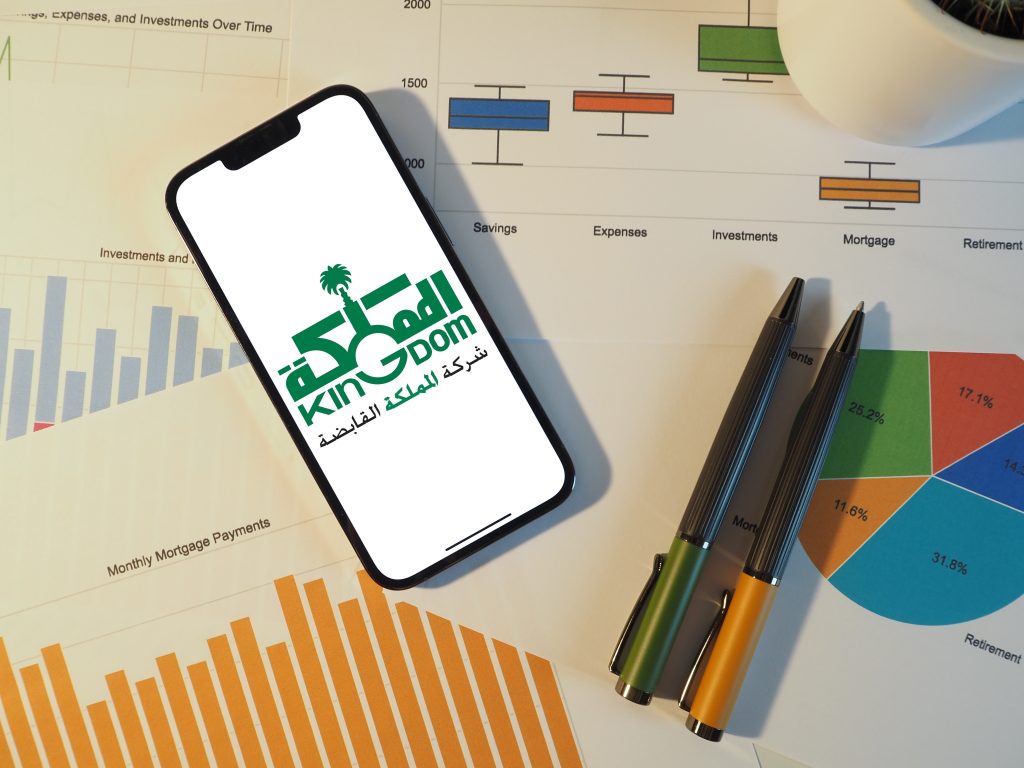The Saudi Arabian private school sector is poised for significant growth, offering investors attractive opportunities, as reported by industry expert Colliers. The Kingdom, which boasts the largest school-age population in the Gulf Cooperation Council (GCC) with nearly 7.5 million children and around 6 million students enrolled, presents substantial potential for the expansion of private educational institutions.
Currently, only a modest 15 percent of students attend tuition-based schools, suggesting a vast untapped market. With the majority of the Kingdom’s 35,400 schools under state management, the private sector has considerable prospects for development.
Projections indicate that the demand for K-12 education will surge to 7.2 million by 2030, up from 6 million in 2022. This demographic expansion implies a requirement for 1.2 million additional school places over the coming years, with the private sector expected to fulfill the need for 400,000 of these, equating to around 200 new private schools.
Mansoor Ahmed, an executive director at Colliers, emphasized that the Saudi education sector’s supply-demand imbalance is likely to attract increased investment, aiming to accommodate the rising student population and improve existing educational standards.
“One of the most compelling drivers for the burgeoning private K-12 education sector in KSA is the combination of increasing incomes, evolving demographic profiles and steady population growth,” Ahmed stated, citing Vision 2030’s focus on education as a crucial component for the country’s socio-economic development.
The government’s Human Capital Development Program under Vision 2030 strives to align Saudi students with global education benchmarks. In 2022, Saudi Arabia demonstrated its commitment by allocating $53.7 billion to the sector, the highest in the region, to foster a robust educational infrastructure.
Since lifting foreign ownership restrictions in 2017, the education sector has emerged as a prime target for regional and global investors. High per capita income levels suggest that families can increasingly afford private education, with average tuition fees in secondary cities remaining below $10,000, and premium schools in major cities charging between $10,000 to $30,000 annually.
The Kingdom’s efforts to establish itself as a global business hub, particularly through Riyadh’s Regional Headquarters Program, are expected to boost demand for premium international schools as more expatriate families move to the area. According to a 2022 census, over 40 percent of the country’s population comprises foreign nationals.
The market is gradually transitioning not only from public to private schooling but also towards internationally recognized education providers. Traditionally dominated by the US curriculum, the British educational program’s popularity is on the rise, as evidenced by several British schools establishing operations in Riyadh.
Despite the sector’s promising outlook, potential international entrants face hurdles, especially in securing project financing. Financial institutions remain cautious, preferring to lend to entities with established track records and often offering terms that may not align with the long-term nature of education investments.
Reflecting on the market’s complexities, Ahmed acknowledged the challenges, including the need for high capital expenditure and the recruitment and retention of qualified staff. Nevertheless, the sector promises lucrative opportunities, particularly in Riyadh’s private education sphere.
